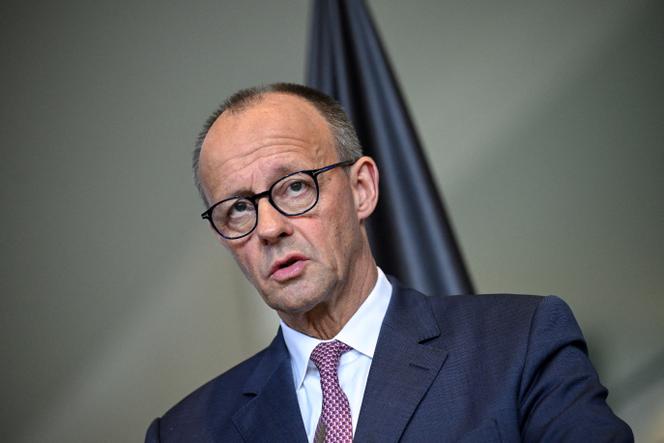


The remarks landed like a historic rupture in Europe. "My top priority will be to strengthen Europe as quickly as possible so that, step by step, we can really achieve independence from the USA," declared Friedrich Merz, then Germany's chancellor-in-waiting, on the evening of the legislative elections on February 23, admitting that he himself was surprised to be making such a statement. Just a few days earlier, he had for the first time floated the idea of sharing French or British nuclear deterrence with Germany.
Just over three months later, Merz, who was elected chancellor on May 6, was scheduled to travel to Washington on Wednesday, June 4, and Thursday, June 5, for his first meeting with Donald Trump. But his tone was now far more conciliatory, and the agenda was clear: He sought to convince the American president not to abandon the US commitment to Europe − a commitment the chancellor saw as inseparable from the fate of Ukraine.
Merz appears to have prepared for his meeting in the Oval Office as if it were an Olympic event. He is keen to avoid a scene of humiliation like the one inflicted on Ukrainian president Volodymyr Zelensky on February 28. But above all, his objective has been to preserve what Berlin still refers to as the "special relationship" that Germany maintains with the United States.
You have 69.28% of this article left to read. The rest is for subscribers only.
